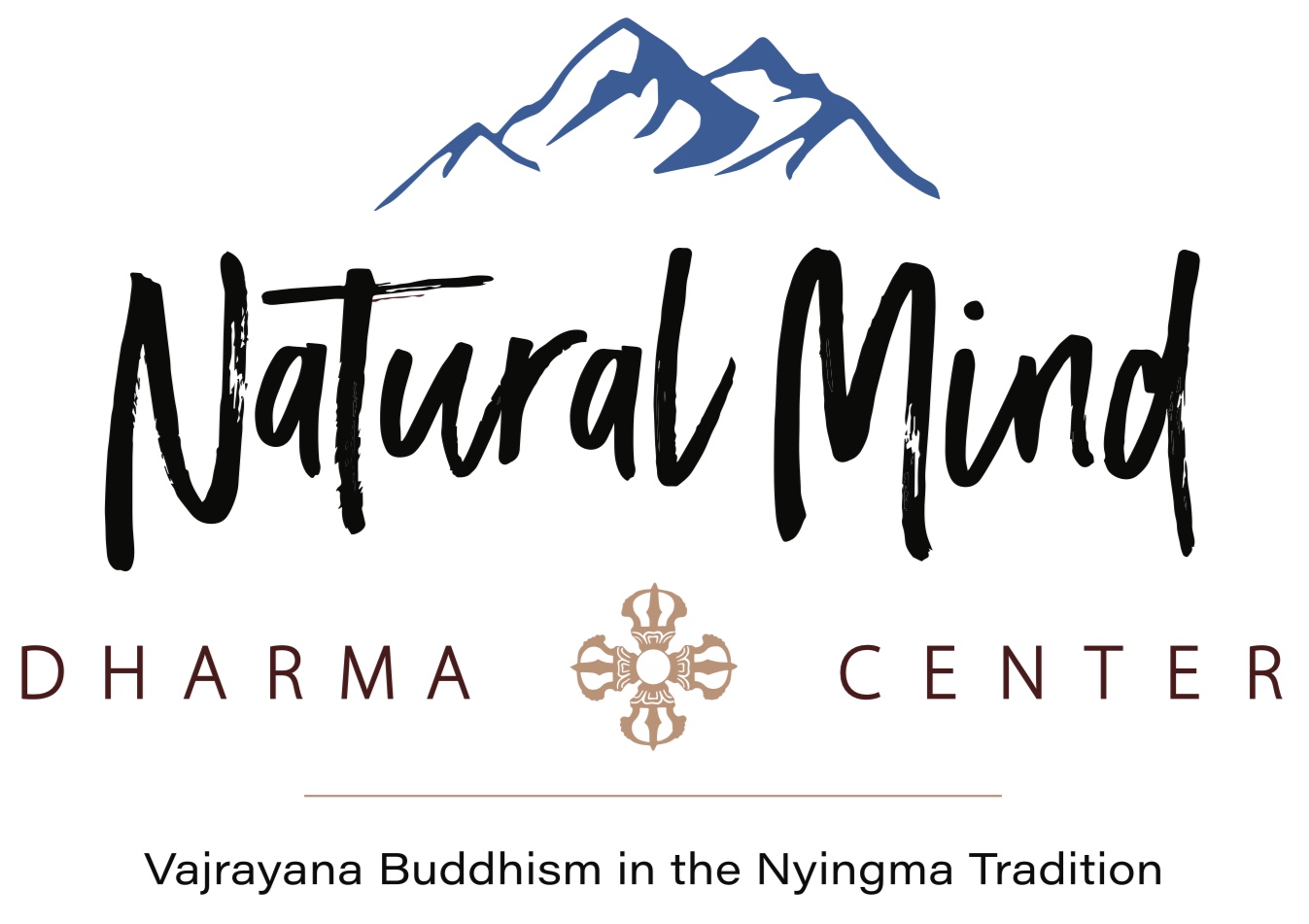Only the Moment
Our original mind, unaltered by habits and conditions, is empty in nature. Emptiness does not mean nothingness. It refers to spacious awareness, right now, free from any limitation. So, following a spiritual path to get where we already are seems silly. The Heart Sutra states, “emptiness has no form … no path, no wisdom, no attainment, and no non-attainment.” How does one follow a “no path”?
The answer is obvious but elusive. A pathless path is the one in front of us. We walk without seeking a preconceived destination, free to roam where life takes us. And we learn what we need to learn in the process. But our conditioned mind has other plans. Our mass of habit patterns seeks to contrive what we call a happy life and thus interferes with our freedom, because we think we know what the destination should look like. We do not realize the wish to be happy at some point in the future is our biggest obstacle. It limits our ability to be happy right now.
If we cannot be happy now, what is the use of a spiritual path? The Heart Sutra continues, “…since bodhisattvas have nothing to attain, they abide by means of prajnaparamita. Without obscurations of mind, they have no fear.” Prajnaparamita means ‘transcendent wisdom,’ awareness with no obscuration and nothing to attain. It is pathless. Fearlessness to follow the path in front of us is unlimited happiness right now.
Being free from fear, we are content with the present—and we discover true happiness. It all boils down to recognizing the preciousness of this moment. So the Buddhist path really goes nowhere. The word ‘buddha’ means awake—now. In Karma Lingpa’s Zhitro terma he says, “There is only the moment to accomplish permanent happiness …” Meditation is the art of abiding in the moment, in prajnaparamita, our naturally awake and fearlessly happy nature.
